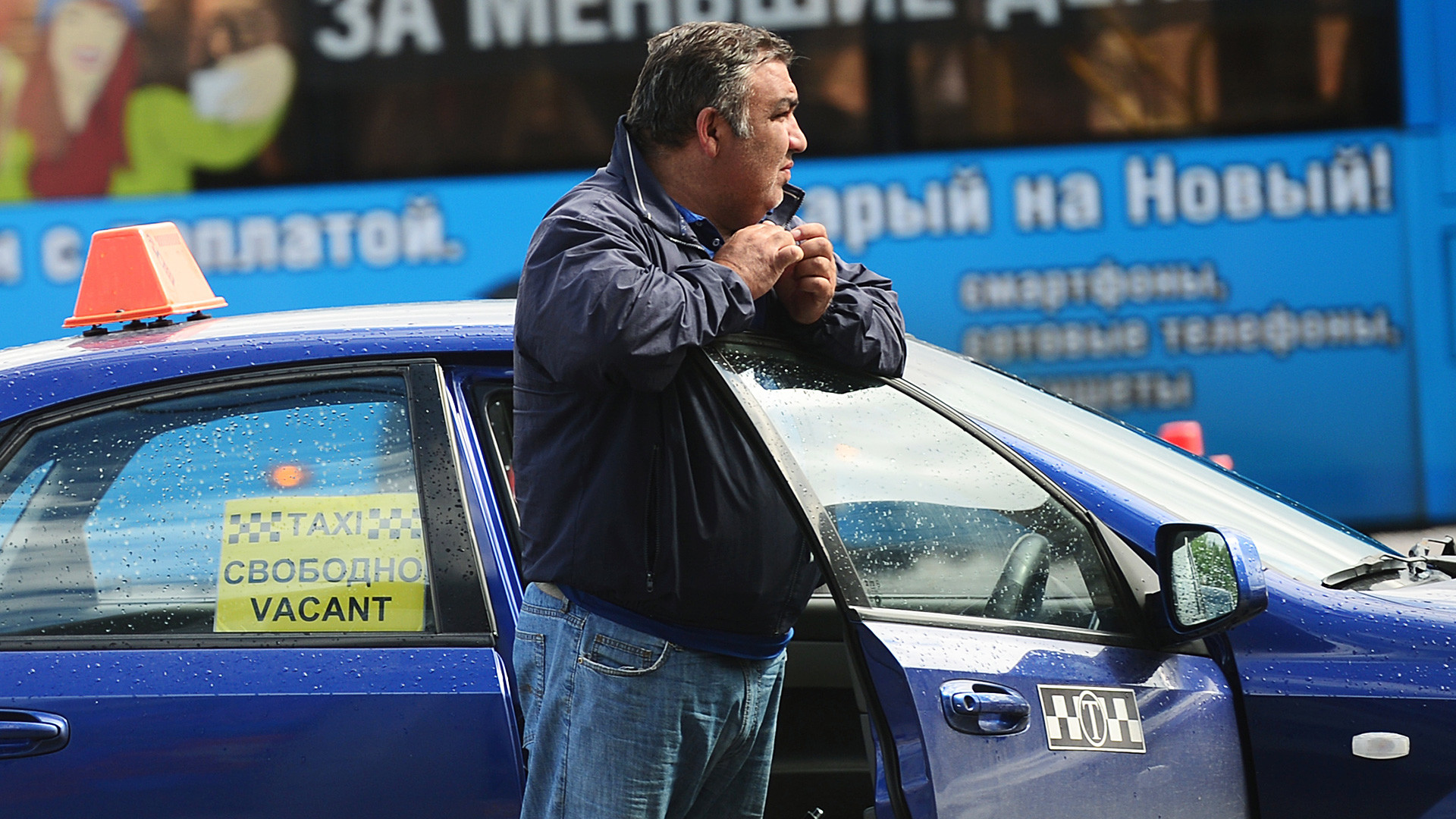
In Nov. 2019 a foreigner took a taxi ride from Sheremetyevo Airport to a side street in central Moscow. The trip was supposed to cost 2,500 rubles ($39). On arrival the driver invited the passenger to pay by card through a POS terminal. The billed amount ended up being over ten times as much — 25,600 rubles ($400). When he realized he’d been had, he contacted the police, but the conman driver remains at large. How to avoid this and other taxi scams?
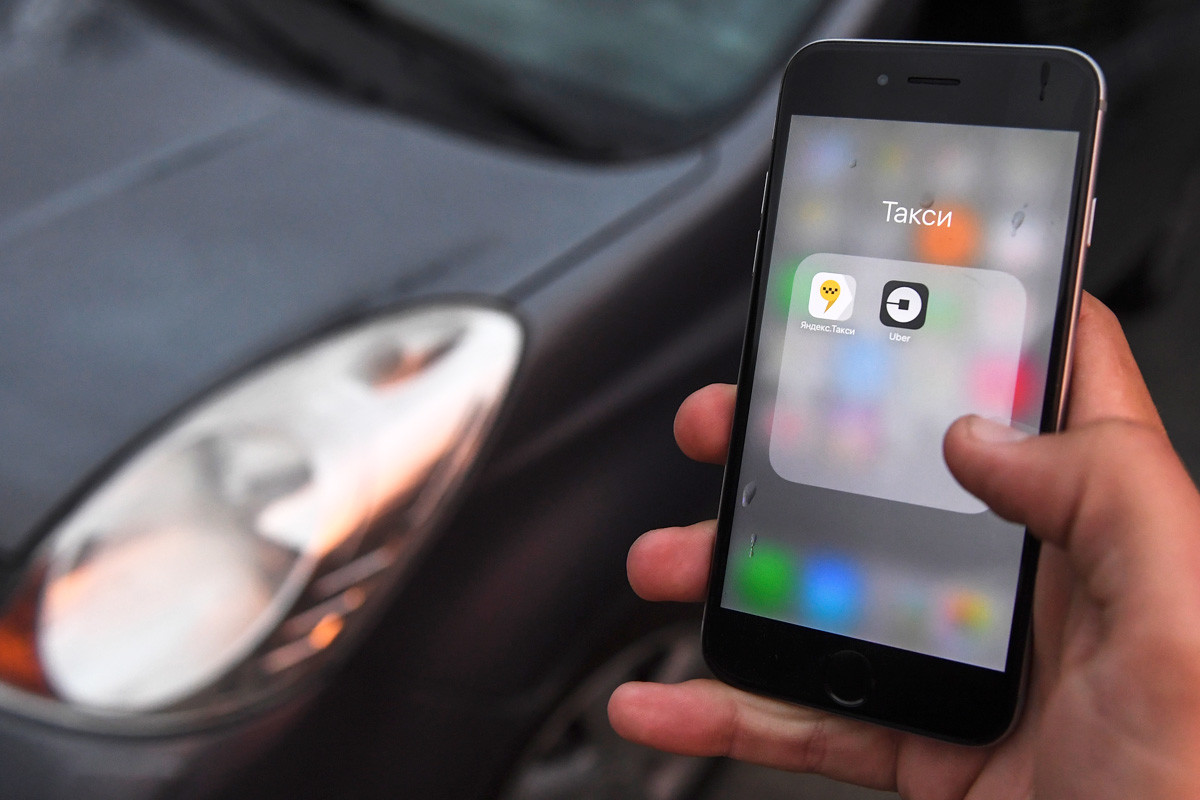
In Russia, the big four ride-hailing apps are Yandex, Uber Russia (the standard Uber app doesn’t work in Russia), Gett, and Citymobil. Each is available for download from all regular smartphone app stores.
For authorization, you must enter a phone number and select a payment method. We recommend that you specify a bank card or a service like Apple Pay. It’s better not to use cash in taxis, as the driver might not — or pretend not to — have change.
When paying, the size of the trip is determined in advance and debited by the service, not the driver, so he won’t be able to request more than the actual cost of the ride, as sometimes happens.
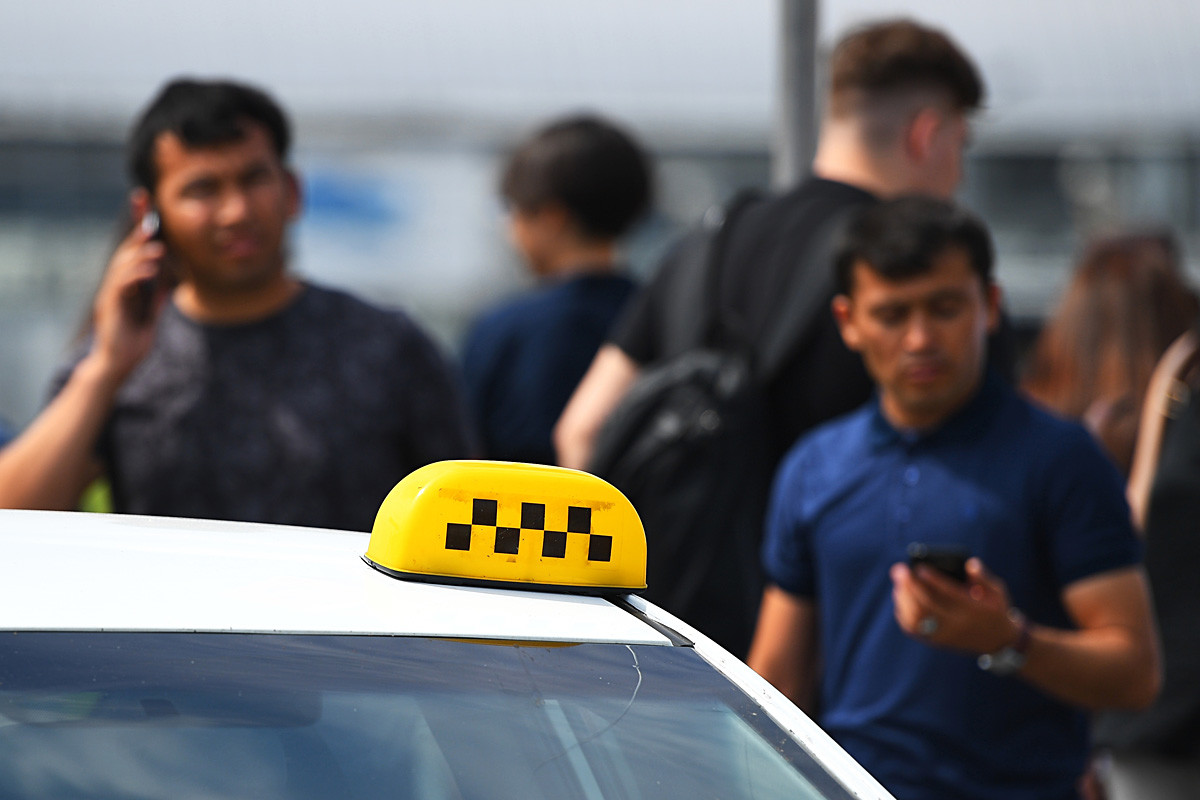
Most often they lurk in crowded places — metro stations, underpasses, and especially railway stations and airports. They are the guys you always see in the arrivals lounge chanting: “Taxi, taxi, taxi.” In rare cases, they might even get aggressive and grab your suitcase, forcibly inviting you to avail yourself of their overpriced services.
Such drivers will fleece you at best, or openly rob you at worst. Again in Nov. 2019 (an unfortunate month for foreign cab users), a taxi driver robbed a Mercedes-Benz manager who’d just arrived in Moscow from Germany. The client ordered a taxi from the airport to his hotel. Having arrived, he asked the driver to wait a few minutes while he went into the hotel lobby. From there he saw the car drive away with his baggage still in the trunk.
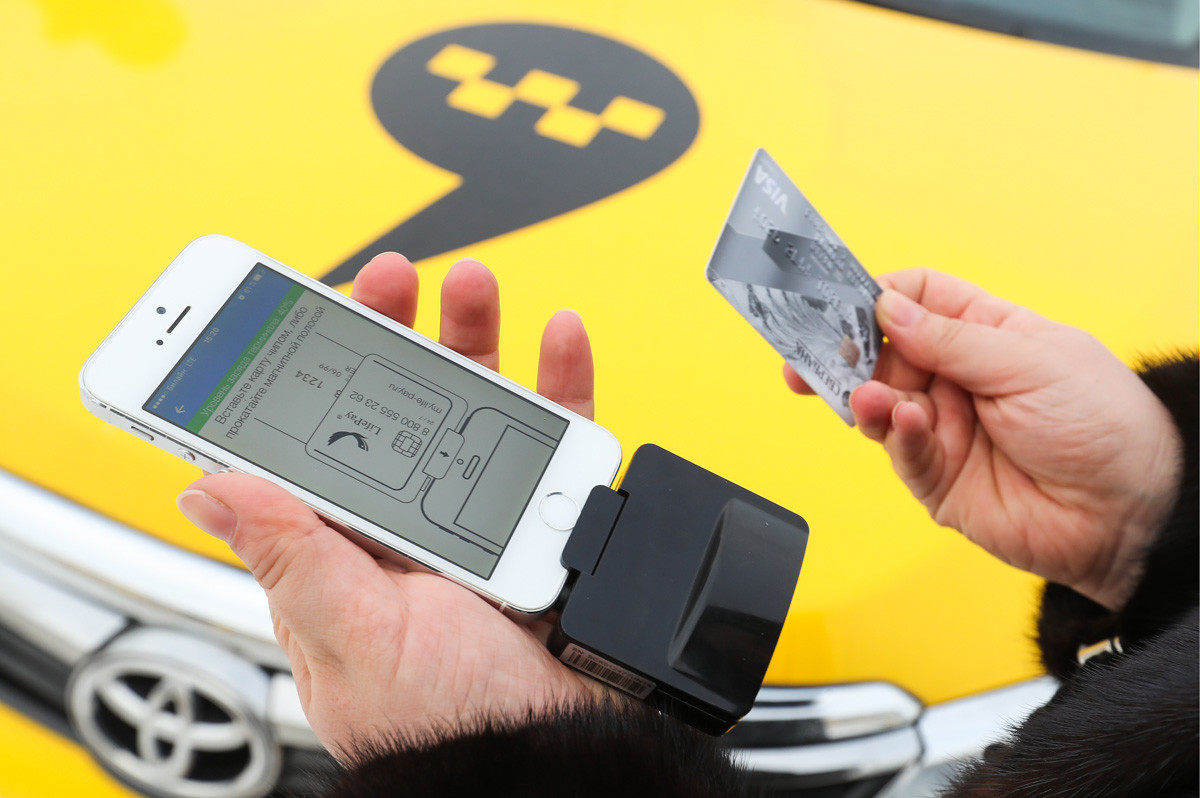
This is how tourists most often get swindled. The driver names an initial price, but by the end of the trip the counter is showing more digits than you thought possible. The reason? All the traffic jams, of course (even if the road was empty). He then offers his own POS terminal to take your card payment — how convenient. The tourist inserts a card, and the mortgage-sized amount is debited from their account.
If this happens to you with a private driver, note down the license plate number and go to the police.
If the driver came with a car ordered through an official app, you should log in and give a detailed description of the incident to the support service (available in English). However, if you did order the ride through an app, alarm bells should ring if the driver presents a POS terminal. Official apps debit your card automatically, and the price is fixed.
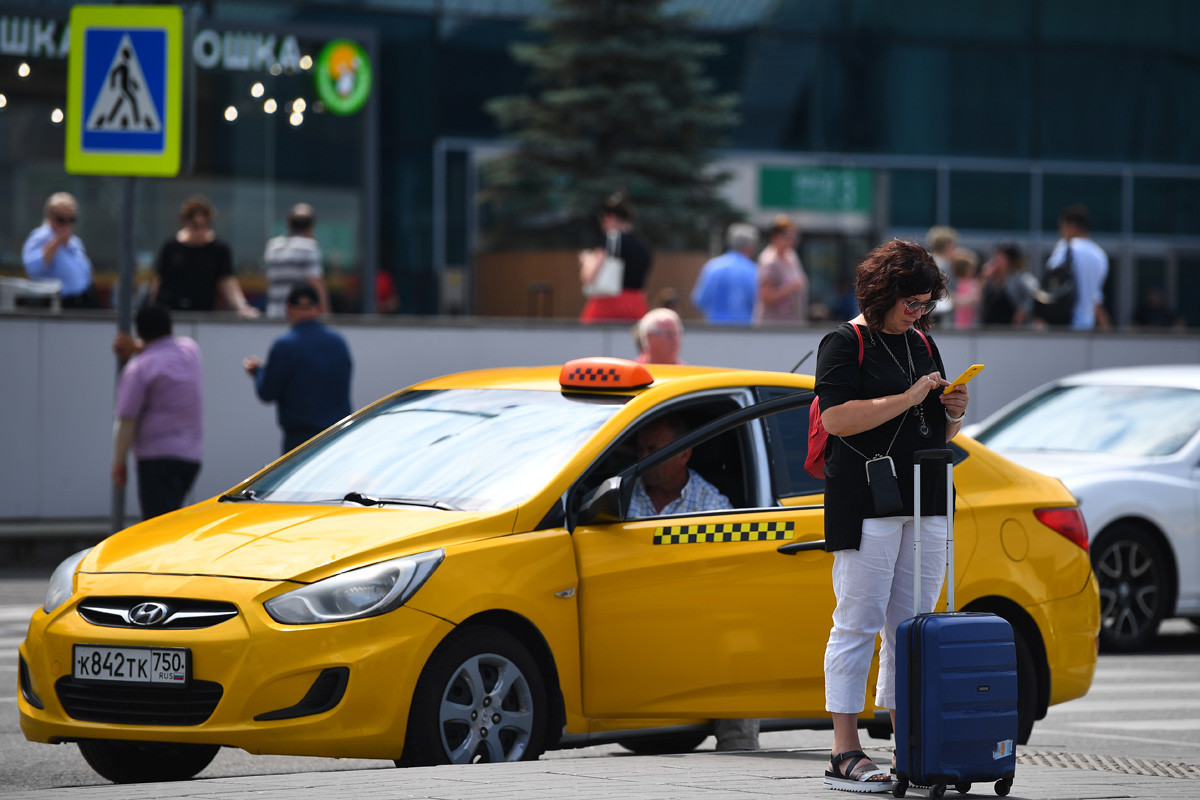
In Moscow, the time of day, pickup point, destination, route, and even the weather all have a direct impact on the cost of the ride.
The official Yandex.Taxi blog advises against traveling in the morning from 8:30 to 8:45 and in the evening from 18:00 to 18:50.
Another busy time is Friday and Saturday night from 22:00 till around 03:00. This is because lots of people are returning home from parties, clubs, etc.
At these times it’s better to book a car 15-20 minutes in advance, or wait for rush hour to end.
It’s also worth planning trips in advance if it’s raining or snowing. Because there will be more orders (no one wants to walk anywhere), fewer free cars, and the price will be much higher.
In addition, the price of the trip depends on where the client needs to be picked up. For example, the price might drop by 100 rubles ($1.60) if the pickup point is not a residential address but a nearby street. Some apps suggest the most cost-efficient places.
If using any of Russia Beyond's content, partly or in full, always provide an active hyperlink to the original material.
Subscribe
to our newsletter!
Get the week's best stories straight to your inbox